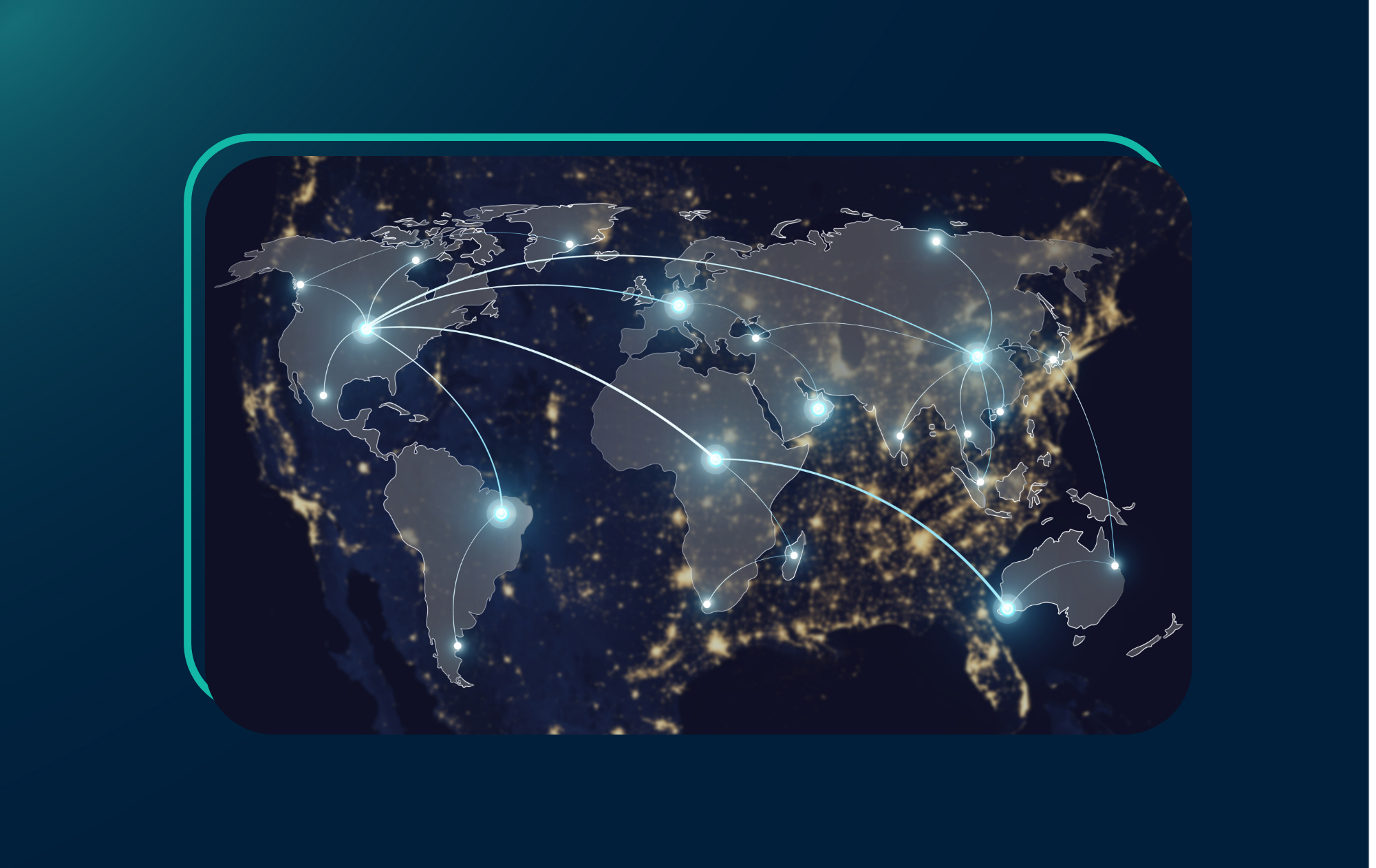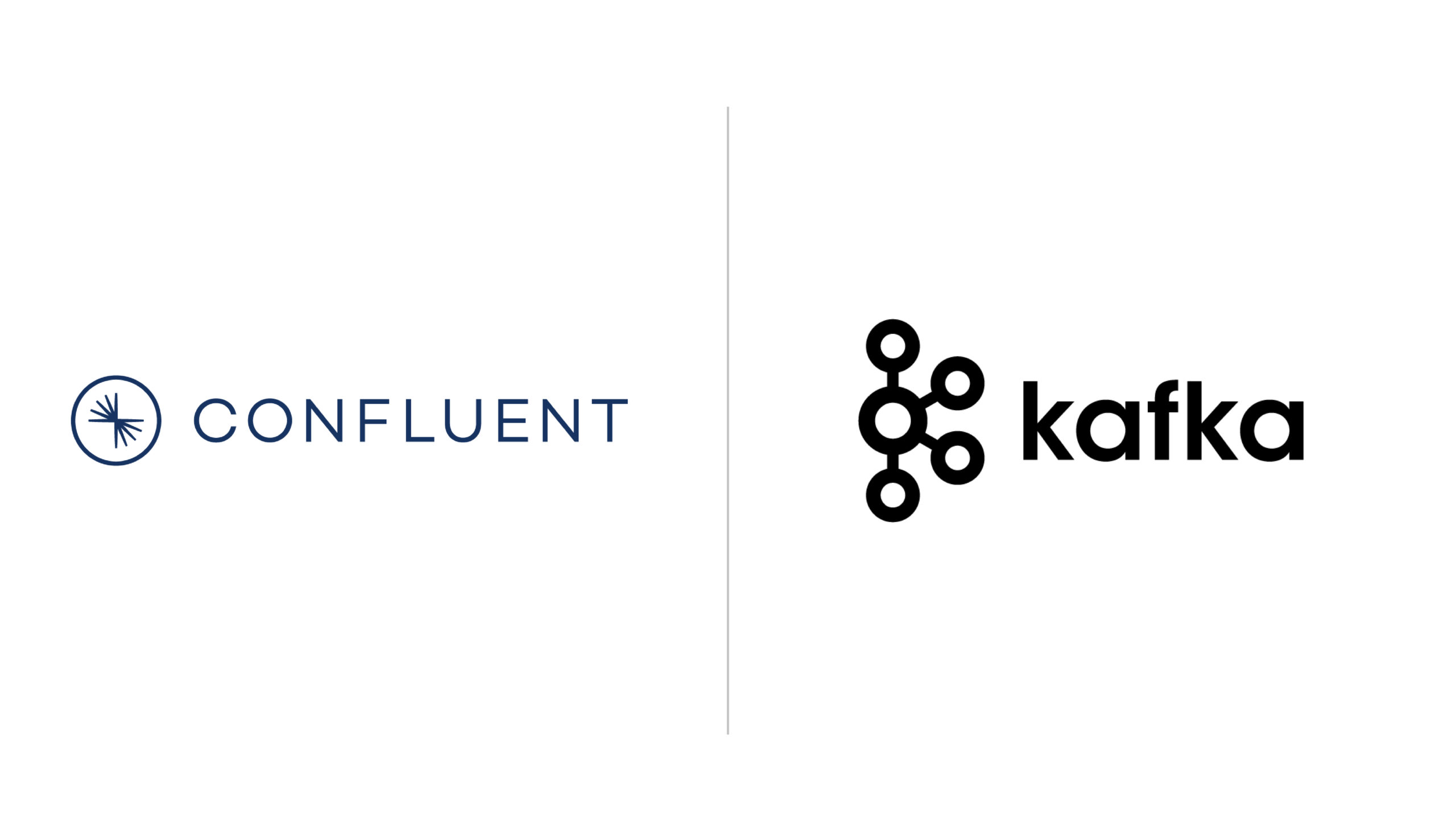New solutions and features for Privacy Teams, Data Owners, DevSecOps, and Data Engineers
New Solutions and Features
Achieve Data Governance for Snowflake Warehouses using Borneo's Sensitive Data Discovery and Privacy Observability Platform
Prevent unexpected sensitive data creeping into your databases, with the release of Snowflake to our ever-growing roster of data sources that we discover, classify, and inspect for sensitive data, to extend your data governance coverage.
Watch it action here
Borneo and Acryl (Datahub) launch Smart Data Catalog to automate data governance and achieve continuous compliance across your data footprint
Dealing with high volumes of PII detected in datalakes is unscalable. Now, your privacy team can get a complete, intelligent view of all of your sensitive data in a Smart Catalog, enabling you to shift the responsibility of data governance left to data owners, and help them classify sensitive data based on value and risk, with full automation.
Watch it action here
Achieve GDPR Article 30 compliance with automatic Record of Processing Activities (ROPA) Report
GDPR is critical and complex for most companies, especially large-scale ones. With Borneo, compliance engineers can automatically generate a record of processing activities (ROPA) report in minutes, not days!

(Automatically generated ROPA report, downloaded as XLSX)
Schedule downloads of privacy insights with third party analytics tools for Data Engineers
We've made it incredibly easy to schedule automated data dumps from Borneo to an S3 bucket so any tool that can access S3 can now programmatically pull that data in. Developers can now engineer their own insights, or sync data periodically to another source easily, to better inform business and compliance decisions.

(Automatically generate your reports easily with the dashboard)
Improved sensitive data risk analysis using correlation between infotypes
For some infotypes, pairing with a name or email address and you turn harmless data into something potentially harmful. With this release we've included a few new infotypes that fit this description, which includes "OCCUPATION" and "PHILOSOPHICAL_BELIEF", to help your privacy team improve and extend compliance coverage.
Enhancements
UX improvements for Continuous Scan findings to make investigators' lives easier
For investigators, we have made it much easier to deep dive into the occurrence of any infotype in a particular file in the findings dashboards by a simple hover-action on top of the file name finding.
One-click new Infotype enabling/disabling
The Infotypes Page now has search functionality, and categories can be enabled with one click. Much easier time configuring for security and compliance engineers.
Simple snapshot view of scan & coverages and progresses
For investigators, we now offer a new metrics card on the Continuous findings dashboard showing a more summarized coverage and progress view, allowing them to confidently assert the sampling coverage for all the connectors down to the individual bucket or table level.
Stay on top of your data governance for Presto with automated detection of table schema and data updates
For Data Engineers and DevSecOps, we now support auto-detection of new and changed schemas in Presto, which was previously difficult to monitor as application developers often create new tables or change schema on the fly.
New PII and PFI Infotypes to improve and extend compliance coverage for Fintech
List includes: US State ID Number, Debit Card Number, Credit Score, Login Email Address, Net Worth, Number of Dependents, Philosophical Belief, Occupation, Bank Account Number, Third Party User ID, Aadhar ID Number
Fixes
Alerts severity is now updated based on the remediation status
Now we can track incidents with more accuracy and efficiency. When issues are fixed they are automatically updated in our system, reflecting the true state of an incident in real-time.
Incidents associated with a deleted AWS account are now removed from the dashboard
When an AWS account is removed from Borneo, the dashboard automatically removes all residual incidents associated with it, ensuring compliance and security engineers only see active incidents on the Incident Dashboard.
Multiple consumers of S3 events along with Borneo are now supported
Due to a limitation in S3 event notifications, Borneo's S3 Observability feature can conflict with other services that want to receive S3 event notifications. In this release, we made it easier to work around this problem using SNS fan-out. Developers and DevSecOps can now use S3 events without compromising the data observability on S3 buckets.
Thanks for reading our release notes.




